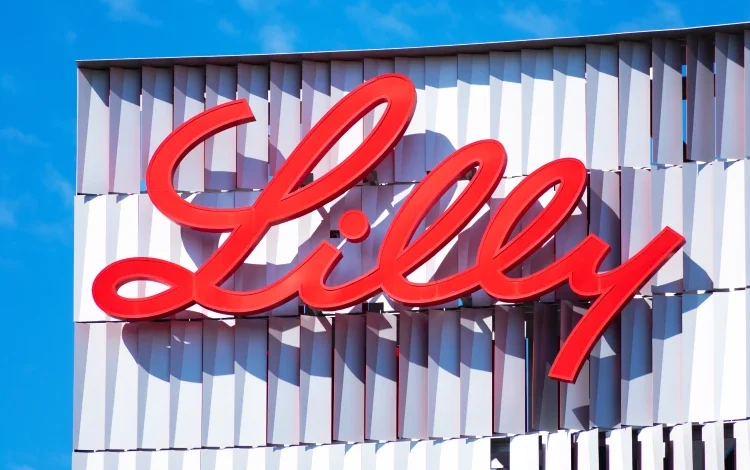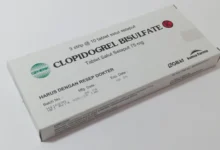Eli Lilly’s New Drug Shows Promise in Reducing Heart Disease Risk
Lepodisiran Demonstrates Sustained Lipoprotein(a) Reduction in Phase 2 Trials

A new experimental drug, lepodisiran, developed by Eli Lilly, has shown a significant reduction in lipoprotein(a) [Lp(a)] levels—by an impressive 93.9%—in a mid-stage clinical trial.
The Breakthrough

Lp(a) is a type of cholesterol that is inherited and increases the risk of serious heart conditions, such as heart attacks and strokes. Unlike the commonly known “bad” cholesterol (LDL), which can be controlled with diet and medication, there are currently no approved treatments to lower Lp(a).
This new drug could be a game-changer for millions of people worldwide who are at risk due to high Lp(a) levels.
The results of the Phase 2 ALPACA study, presented at the 2025 American College of Cardiology Scientific Sessions and published in the New England Journal of Medicine, showed that lepodisiran provided long-term reductions in Lp(a) levels after just one or two doses.
The drug was tested on 320 adults with elevated Lp(a) levels, who were divided into groups receiving different dosages of the drug. Those who received the highest dose (400 mg) experienced the most dramatic and long-lasting decrease in Lp(a), with levels still 74.2% lower than baseline after 1.5 years.
How Does Lepodisiran Work, and What Does It Mean for Patients?
Lepodisiran is a small interfering RNA (siRNA) therapy. This means it works by targeting the genetic instructions that tell the body to produce Lp(a), reducing its levels in the blood. Unlike daily medications, lepodisiran is administered through an injection, and its effects can last for months.
Here’s a breakdown of the key results from the trial:
Low dose (16 mg): 40.8% reduction in Lp(a)
Medium dose (96 mg): 75.2% reduction in Lp(a)
High dose (400 mg): 93.9% reduction in Lp(a)
For patients, this means that if lepodisiran proves successful in larger trials, they may have access to a treatment that significantly lowers their inherited heart disease risk with as little as one or two injections per year.
This is especially promising for individuals with a strong family history of heart disease, who often struggle to find effective prevention strategies beyond general lifestyle modifications.
Safety and Next Steps
The trial also examined the drug’s safety, and the results were encouraging. No serious side effects related to lepodisiran were reported. Some participants experienced mild reactions at the injection site, particularly at higher doses, but overall, the drug was well tolerated.
In the highest-dose group, only 14% of participants reported mild adverse effects, reinforcing the drug’s potential as a safe treatment option.
Eli Lilly has already started a Phase 3 trial, called ACCLAIM-Lp(a), which will study whether lowering Lp(a) with lepodisiran actually reduces heart attacks and strokes. If successful, this could lead to the first-ever approved treatment for high Lp(a), offering new hope to the estimated 1.4 billion people worldwide affected by this risk factor.
Researchers are optimistic that these findings could pave the way for broader applications of genetic-based therapies in cardiovascular medicine.
While more research is needed, lepodisiran represents a significant advancement in the fight against inherited heart disease. If future trials confirm its benefits, millions of people could soon have access to a long-lasting treatment that helps lower their risk of serious heart conditions.
[Source ]








